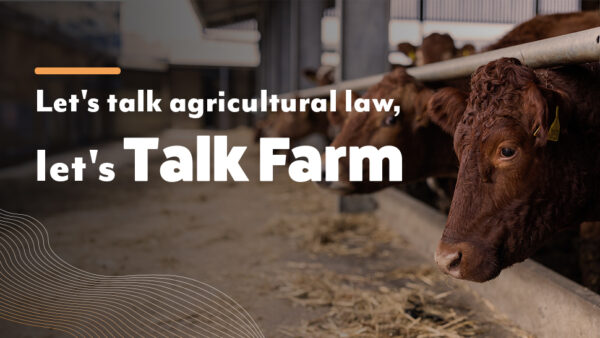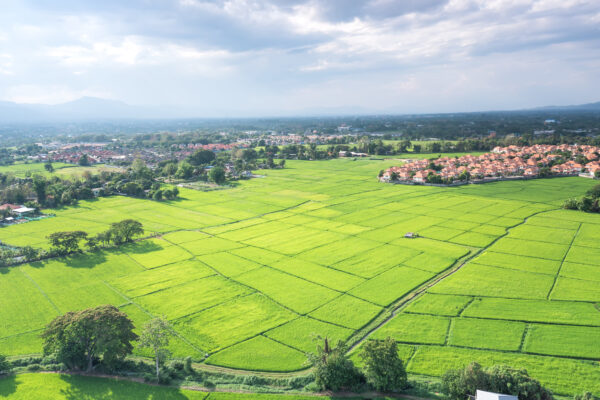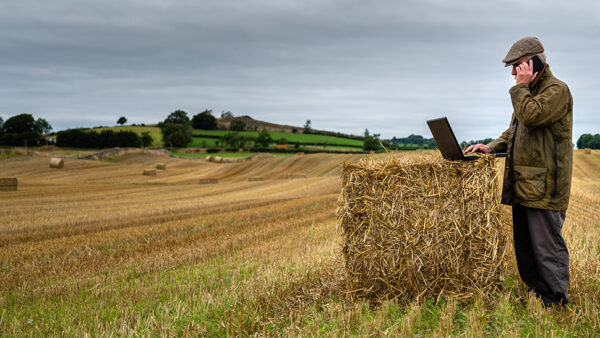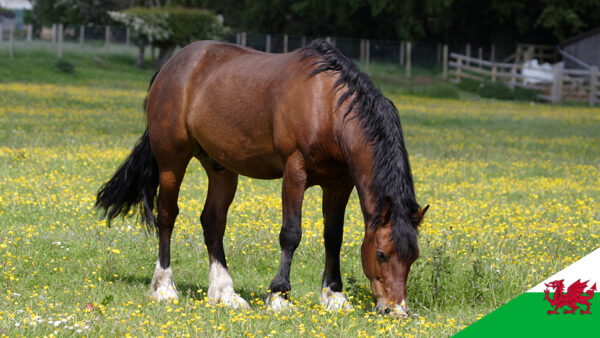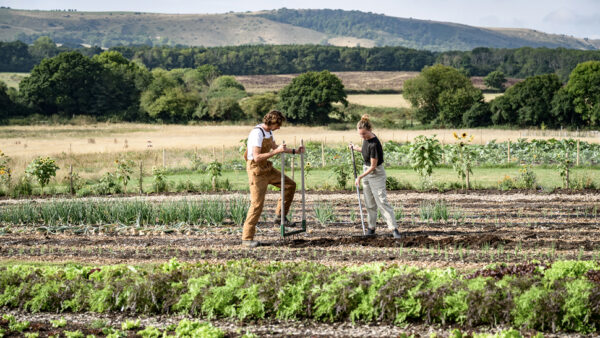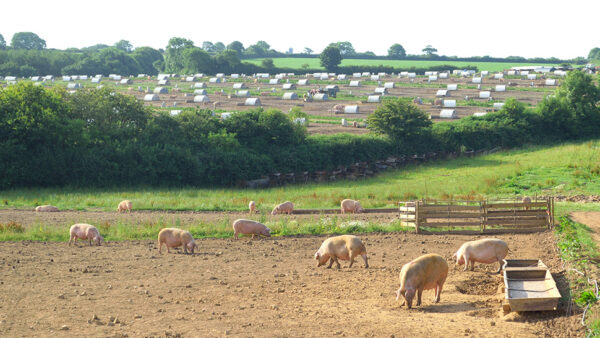
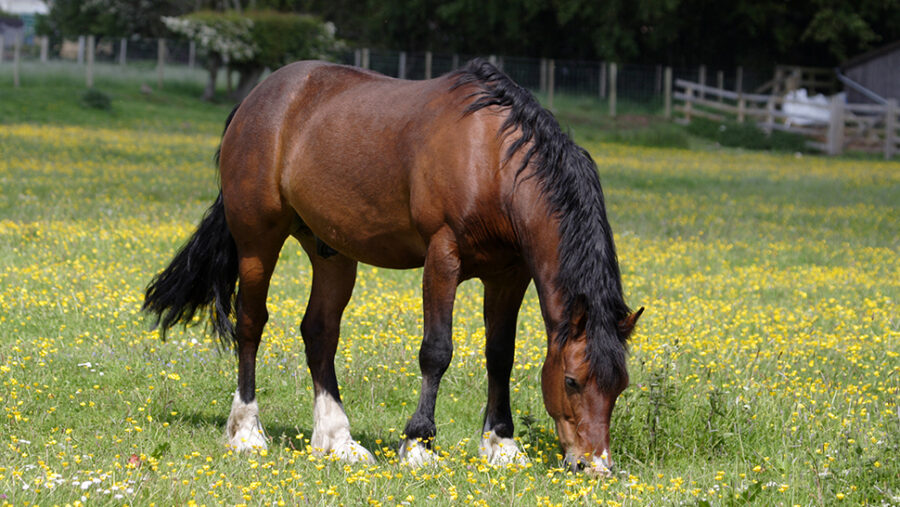
When it comes to tenanted land, the presence of horses can have significant implications for landlords and farming tenants. Issues most commonly arise where a farming tenant has moved away from traditional farming operations and the land is instead being used to graze horses, either privately or as part of a livery business.
The issues stem from the agricultural condition that must be met for a tenancy to qualify as a Farm Business Tenancy (“FBT”) under the Agricultural Tenancies Act 1995 (“the 1995 Act”) or as an Agricultural Holding under the Agricultural Holdings Act 1986 (“the 1986 Act”) (together, the “Acts”).
If the agricultural condition is not met, the parties may find that they no longer have an FBT or Agricultural Holding but a different type of tenancy.
The definition of “agriculture” under the Acts is not clear-cut when it comes to horses; it includes:
- The breeding and keeping of livestock. Horses, however, are excluded from the definition of “livestock” unless they are kept for the production of meat, hides, or for farm work – a rare occurrence these days
- The use of land as grazing land, which could include the grazing of horses, whether or not they are regarded as livestock.
In most cases then, unless they are on the land primarily for the purpose of grazing, horses are unlikely to meet this definition of agriculture.
By way of example:
- Where the land is used primarily for exercise or schooling and the horses are otherwise stabled or given significant supplementary feed, the land is not being used primarily for the purpose of grazing. This is unlikely to qualify as “agriculture” under the Acts
- Alternatively, where the horses are simply on the land to graze, there is no stabling, minimal additional feeding and only limited schooling or exercise on site, this has the potential to qualify as “agriculture” under the Acts.
Why is this significant for landlords?
Landlords will not want to find their tenants have inadvertently acquired the protection of the Landlord and Tenant Act 1954 by shifting their commercial operations from agricultural to non-agricultural.
Though different definitions apply, the cessation of agricultural use of the land may also impact a landlord’s inheritance tax liabilities.
Why is this significant for tenants?
Agricultural Holding tenants, in particular, will not want to lose the significant security of tenure afforded to them by the 1986 Act.
If commercial operations have ceased altogether, a tenant could find themselves with only a common law tenancy with little protection and subject to relatively short notices to quit.

